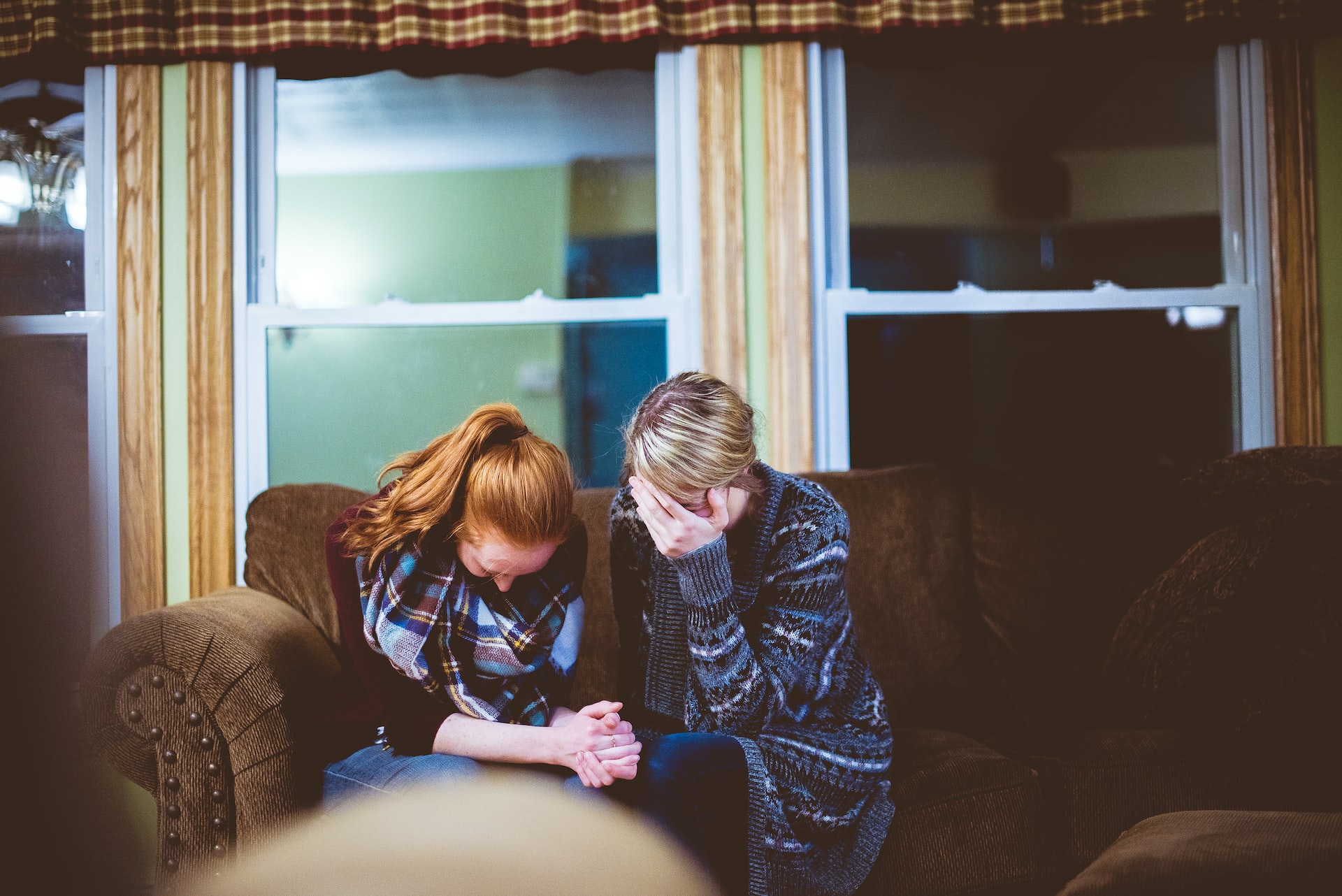By Dr Nihara Krause, Consultant Clinical Psychologist
We all grieve in different ways, and this is never more different when you are a child, an adolescent, or a young adult. This is because emotions are processed differently based not only on the person and their experiences of loss but also because of how maturing brains process information.
What does grief look like?
Some common responses might include feeling:
- very sad at times and not at others
- like you are all cried out
- like this is the opportunity for you to grieve, especially if you lost someone over the pandemic, where opportunities to grieve were restricted by lockdown rules
- worried or even fearful about how the adults in your life are responding—see sadness over the loss of someone as what is needed to heal
- you might worry about losing older adults in your life

How can you #ConnectMeaningfully over loss?
1. Reach out to someone who you know is also feeling loss
Whilst being on your own might seem easier, connecting with others, giving, and receiving comfort is very helpful.
2. Listening is one of the most helpful elements in a conversation about loss
Take the pressure off yourself in thinking you need to say something that helps.
3. Use other ways of communicating
For example, try using art or writing to let feelings out.
4. Do something to remember the person you have lost
Organise something with friends to remember someone you all lost.
5. Identify ‘should have’ thoughts
Recognise them as guilt which is a normal emotion to accompany grief.
6. Talk to a responsible adult about what makes you feel guilty
Try and get an objective perspective. This is important because often guilt is irrational.
7. Accept what has happened
You can work towards this by finding a new perspective and kinder attitude towards yourself and the person you have lost.
8. Show you care
Show you’re there for someone who is grieving and let them show you they care too.
Find out more about managing grief and loss in our Grief section.

